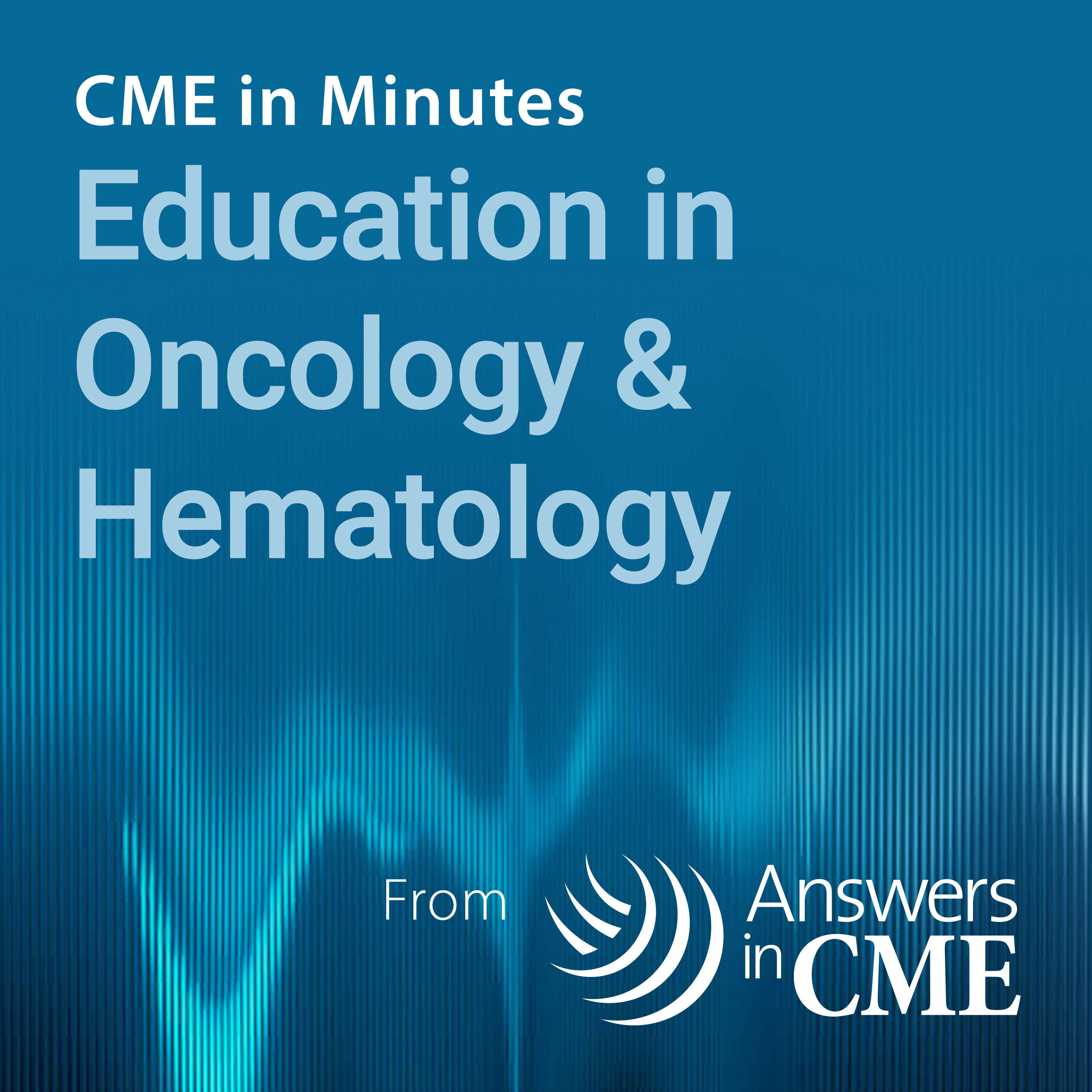Saad Z. Usmani, MD, MBA, FACP / Gareth J. Morgan, MD, PhD - Strength in Numbers: Triplet Combination Therapies in Relapsed/Refractory Multiple Myeloma (RRMM) Special Patient Populations
Please visit answersincme.com/MMD860 to participate, download slides and supporting materials, complete the post test, and obtain credit. In this activity, two experts in multiple myeloma discuss triplet combination therapies and treatment selection in relapsed/refractory multiple myeloma (RRMM). Upon completion of this activity, participants should be better able to: Explain current guideline recommendations to optimize clinical treatment plans for patients with RRMM; Review the clinical implications of the latest data for triplet regimens containing an anti-CD38 monoclonal antibody, proteasome inhibitors, and chemotherapy in special patient populations with RRMM; and Identify additional monitoring strategies for special patient subgroups with RRMM based on the latest clinical evidence and expert guidance.

